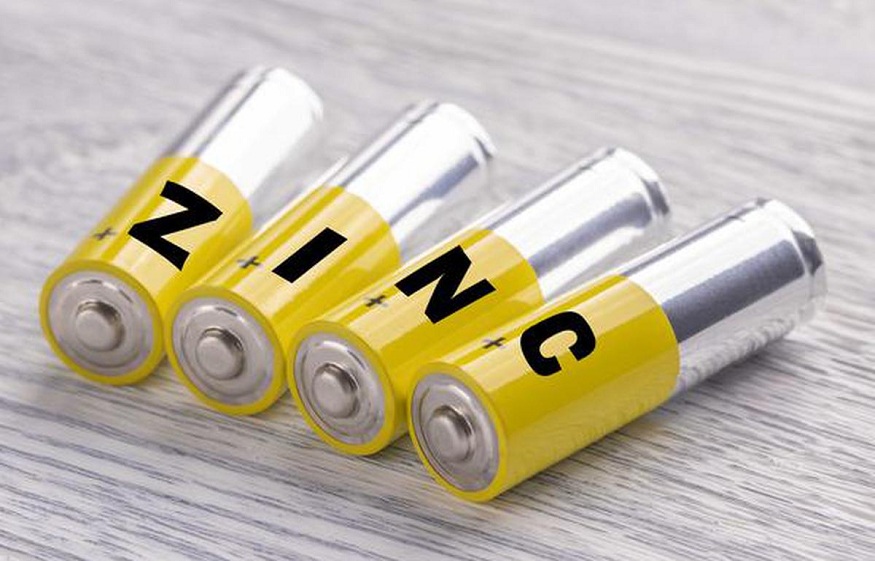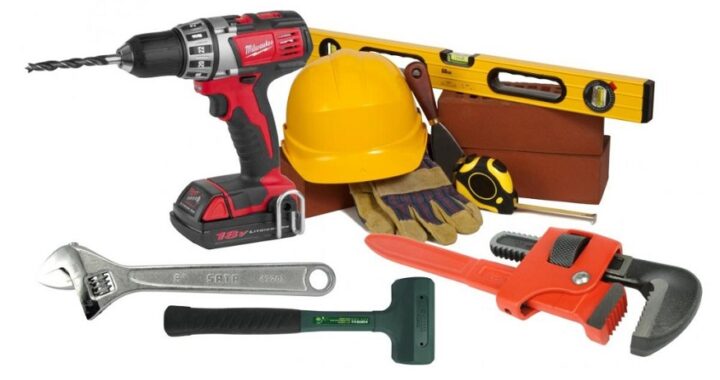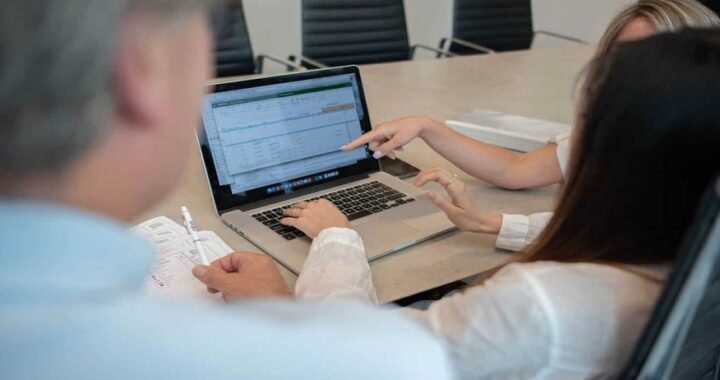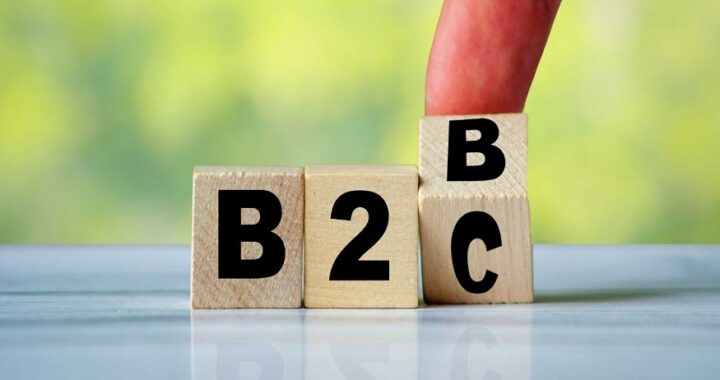Things Investors Look for in Lithium Battery Recycling Companies

We are well aware that Lithium-ion batteries will continue to electrify the globe. It has been predicted that over 10 million tonnes of used Li-ion batteries might be discarded by 2030. This implies that li-ion battery recycling has a significant future and opportunity for investors.
A sudden demand for lithium batteries has been observed in the past few years. The demand has been accelerated due to the sudden explosive demand for electric vehicle manufacturing. Batteries are expensive and have a short life span of around 8-10 years. The discarded batteries grow by tonnage, and investors and entrepreneurs are enticed to invest and start the lithium battery recycling business. Lead acid is one of the most common batteries, with an annual global market of $33 billion (in 2015). The lithium-ion battery has followed this at $16.6 billion.
The people previously neglected the lithium battery recycling industry. Still, investors have found a great opportunity in this business due to a sudden rise in the demand for EVs in the market. One of the second reasons behind the high demand for these batteries is cost and eco-friendly. So, here in this article, we will read about the history, benefits, and scope of lithium battery recycling for entrepreneurs and investors.
History of Li-ion battery recycling
Only less than 5% of discarded lithium-ion batteries are recycled and used today. The significance behind this is the poor economics. Here we have quoted an article from 2011 which will explain why:
“ Recycling of the used lithium batteries is an expensive and incredibly complex process which includes:-
Reception and collection of the discarded batteries
Burning of the flammable electrolytes
Neutralization of harmful chemicals
Melting of metallic components
Purification and refining of the recovered valuable elements
Disposal of non-renewable resources such as aluminum and lithium
This process seems economical when the ton of batteries consists of 600 pounds of cobalt with a global market price of $40 billion. The process becomes highly uneconomic
when you remove the cobalt from the system.”
Li-ion battery recycling was previously considered uneconomic because of low and complex recycling. The recovered raw material hardly pays for the workers, which consists of the collection, filtration, transportation, sorting, shredding, metal separation, elimination of harmful substances, smelting, and purification of the recovered metals. Mining raw materials were often considered cheaper than recovering the raw materials.
Why are investors keenly interested in lithium battery recycling startups?
Companies like BatX Energies have resolved the complexity of recycling lithium batteries and cracked the code to recover the precious elements from the lithium-ion batteries. They are using the net zero waste and zero emission process to extract the crucial primary elements like black mass, cobalt, nickel, magnesium, and lithium and secondary products like high-grade Plastic, Aluminum, Steel, and Copper. The primary aim of making a good battery life is low price, long life, and safety.
The nickel batteries have the potential to make money with good logistics. EVs are the future of transportation, and the primary power source in EVs is a lithium battery. Lithium and other elements are available in very limited quality, hence battery recycling is going to be the largest market in the upcoming years. Investors have found the potential in the li-ion battery recycling industries, which is why they are running behind the founders.
What are the benefits of lithium battery recycling?
Conservation of Non-renewable resources
Recycling Lithium batteries makes it possible to prevent the exploitation of raw materials. For example, recycling conserves natural resources and metals by reusing waste and old materials. So, the manufacturers can use the natural resources for other innovations.
Prevention of Environmental Pollution
The open dumping of the batteries might cause the chemical to wash away. These harmful chemicals might mix with the water, air, or soil and cause contamination of the natural resources, and cause health deterioration of living beings. Recycling the batteries can prevent the contract of these harmful chemicals with the environment.
Battery recycling can save energy.
The battery has a lifespan of almost 8-9 years. However, it is not entirely true that the battery died with the completion of its life span. It can be used in secondary devices after specific chemical processing.
Conclusion
The lithium battery recycling industry is in its infancy and still has contributed to the globe economically with the high pricing for lithium and cobalt and a massive demand for lithium-ion batteries. The lithium battery recycling industry will emerge as a new trend, and investors are well aware that lithium battery recycling will reach new heights in the upcoming years. So, if you plan to invest in a lithium battery recycling company, do not wait for any moment and go with the sustainable and profitable industry.
BatX Energies is one of the emerging li-ion battery recycling industries. This company believes in a circular economy where the used materials are recycled to send back to its supply chain rather than dumped into landfills. They used the latest technology to extract cobalt, lithium, magnesium, and nickel from the used lithium batteries, and they further recycle these batteries for second use. The company collects end-of-life lithium batteries to extract the rare-earth material and send them back to the battery manufacturers. For more information, you can visit their website.









